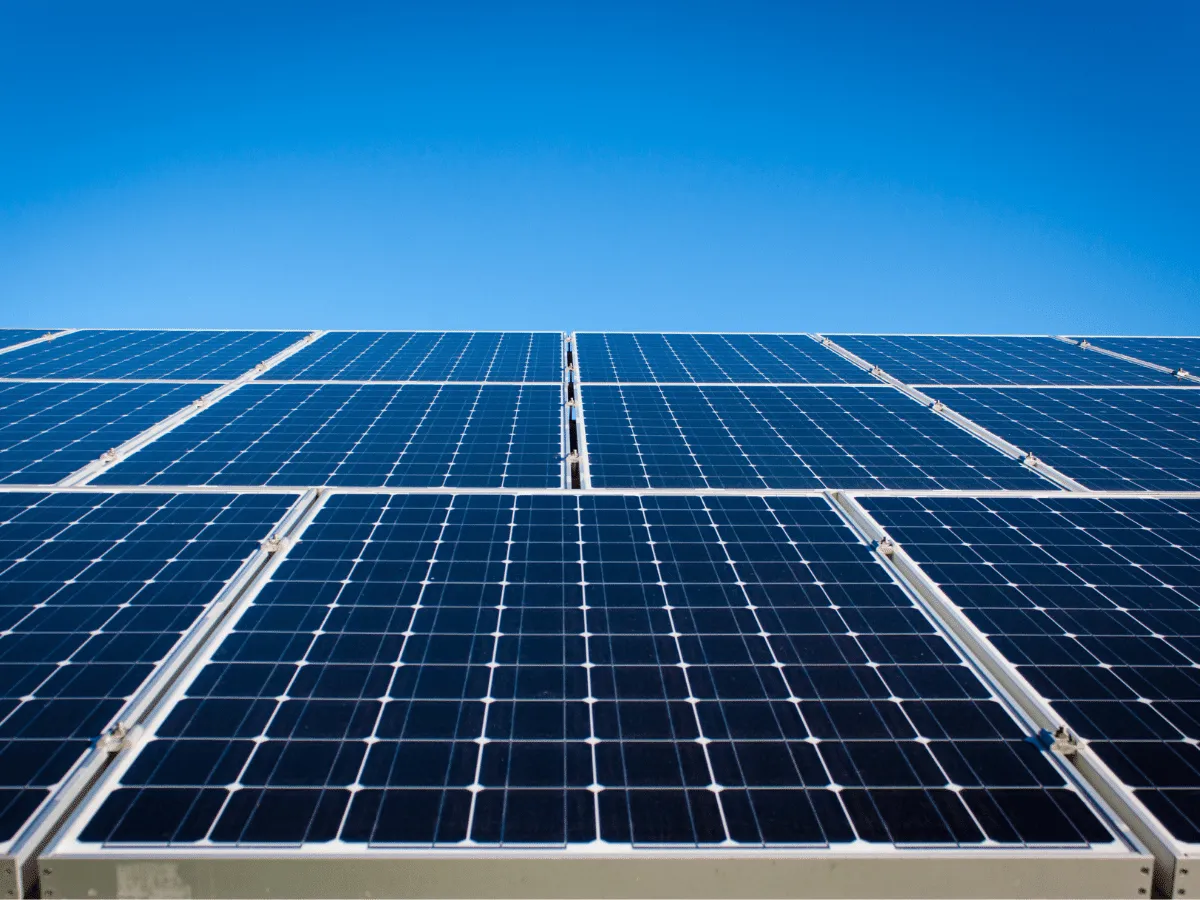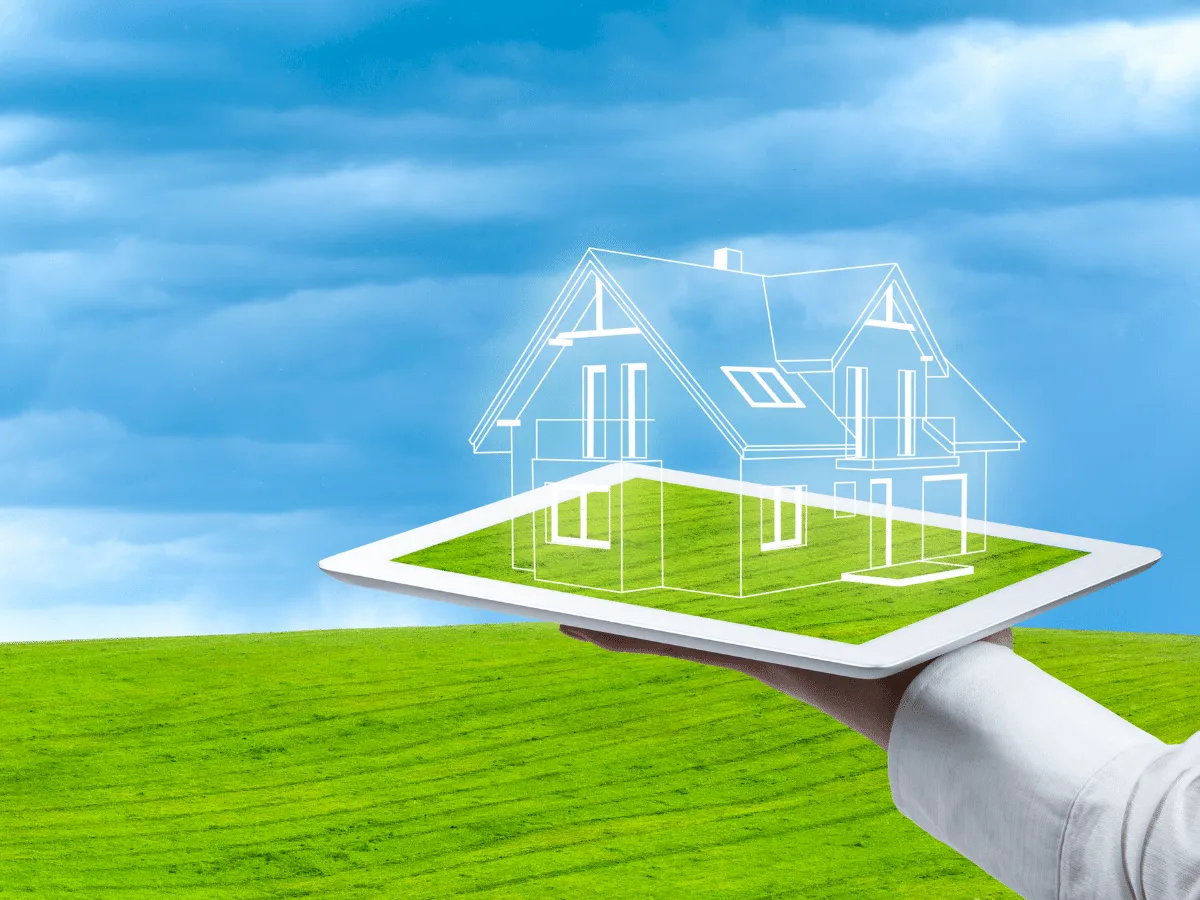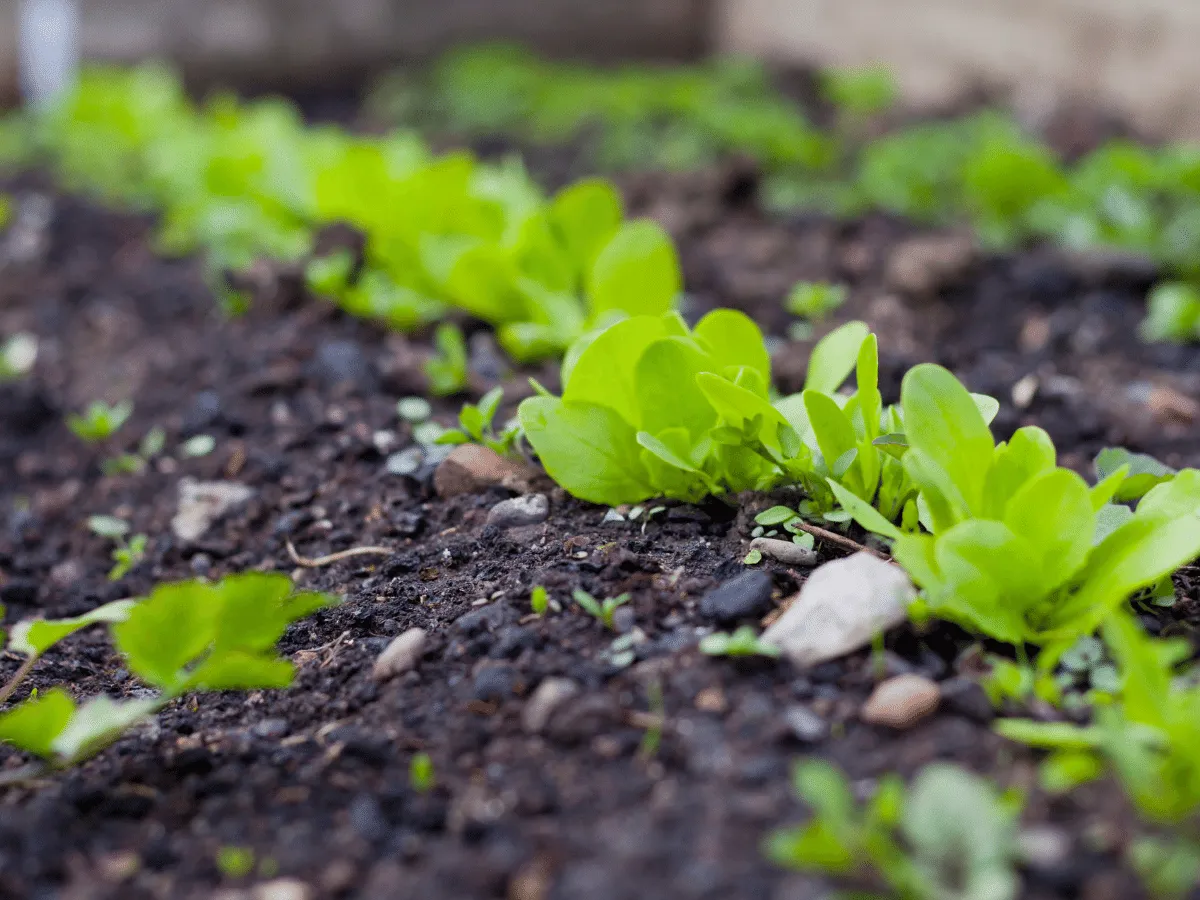What is off-grid living? A complete Guide
Off-grid living is becoming more and more popular every day as people become increasingly disillusioned with the world around them. But what is off-grid living, exactly? And what are the benefits? This guide will provide you with everything you need to know about off-grid living, from understanding the basics to getting started on your own. So what are you waiting for? Read on!

What exactly is off-grid living?
Off-grid living, simply put, is living without reliance on the traditional power grid. This means generating your own power, usually through solar panels or wind turbines, and collecting your water through rainwater harvesting or drilling a well. It also typically means being more self-sufficient, growing your own food and living off the land as much as possible.

Why is it so beneficial?
Off-grid living has many benefits, including reducing your carbon footprint, saving money on energy bills, and becoming more self-sufficient. Additionally, off-grid living can provide a sense of freedom and independence that you may not find in a traditional home. If you're considering switching to off-grid living, there's no better time than now!
Still not convinced? Here are 5 more reasons to try off-grid living.
5 reasons to try off-grid living
1. You'll save money.
While the initial investment in setting up an off-grid home can be higher than that of a traditional home, you'll quickly make up the difference in savings on your energy bills. Additionally, by becoming more self-sufficient, you'll reduce your overall expenses.
2. You'll help the environment.
Off-grid living is one of the most environmentally friendly ways to live. You'll significantly reduce your carbon footprint by generating your own power and collecting your own water. Additionally, growing your own food and living off the land will minimize your impact on the planet.
3. You'll become more self-sufficient.
One of the best things about off-grid living is that it forces you to become more self-sufficient. When you're not reliant on the traditional power grid, you have to learn how to generate your own power and collect your own water. Additionally, you may find yourself growing your own food and living off the land more than you ever thought possible.
4. You'll gain a sense of freedom.
Off-grid living provides a sense of freedom you can't find in a traditional home. When you're not tied to the grid, you can live anywhere you want, whether it's in the middle of nowhere or the heart of the city. Additionally, you're not subject to power outages or other issues when you're reliant on the grid.
4. You'll find a sense of community.
Off-grid living often attracts like-minded people looking to live more sustainably and independently. As such, you'll likely find yourself surrounded by a supportive community of people interested in the same things. Whether you're looking for advice on solar power or water harvesting, you'll be able to find it within your off-grid community.

Summing it up
Making the switch to off-grid living is a big decision, but it comes with many benefits. If you're considering making the switch, we hope this guide has provided you with everything you need to know. Thanks for reading!